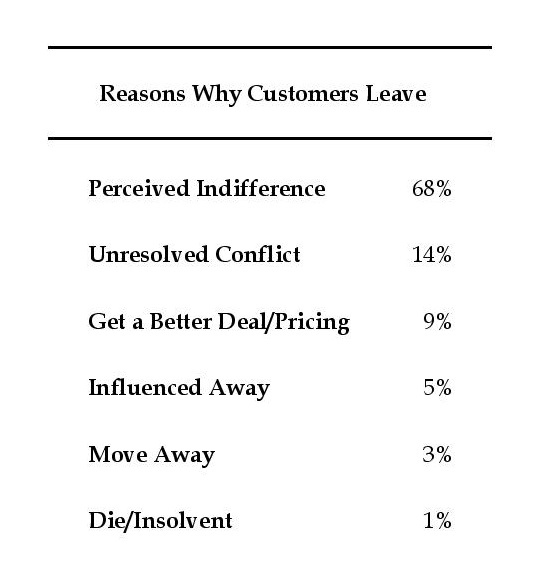10 Top Tips for Business Growth in 2017
There’s a month to go until year end. Super duper yikes!! Where has the year gone?
I’m guessing that like me, you have one eye on what you’ve got to achieve before 31 December, but you’re starting to focus on 2017 too….and what your business will look like and what you hope to achieve over that year. Am I right?
Time to grow your business?
Perhaps you’ll want to grow your business in 2017. What does growth mean for you?
Increasing your turnover?
Increasing your profitability (that’s much more important than turnover growth)?
Growing your team?
Getting your business ready for exit?
10 top tips for business growth
There are 10 key areas of business that you must be looking at to support the growth and financial success of your business. They are:
1. Clarity of direction – what do you want to achieve and how are you going to get there? If you’re not clear on that, then all paths will lead somewhere but not necessarily where you actually want to be longer term.
As boring as it may sound, you must create a simple, measureable plan which states what you want to achieve, and the actions you’ll take each quarter and month to get there. The plan should also have measurable goals. Hold yourself to account to achieving it. Better still, get a business coach or accountability partner to hold you to account as well.
2. Cash Flow Management – Here’s my motto: Turnover is vanity, Profit is sanity, Cash flow is reality. Unless your cashflow is strong, your business growth will be inhibited.
Many small businesses don’t have decent systems in place to manage their cash flow. What systems have you implemented to ensure you get paid by your customers in a timely way? Do you actively manage cash across your business by controlling your accounts payable and negotiating payment terms with your suppliers? How about inventory turns? Do you actively control the amount of inventory you hold at any one time?
3. Monthly Financial Management – Many small businesses don’t have monthly management accounts to help them manage their business. Year end accounts are only useful to determine the profitability of your business and how much tax is to be paid.
They won’t help you to manage your business during the year. So, how about getting your accountant/business adviser to work with you throughout the year, producing monthly management accounts that you can analyse together?
4. More Customers and Your Sales Pipeline ─ Most small businesses want to grow their customer base, yet many do not have strategies in place to attract new customers. What’s your new customer pipeline looking like? How are you marketing your business? Most markets are crowded, so how are you standing apart from your competitors? What about closing sales? How are you doing that? Do you need to learn more about closing sales to sell more?
Marketing, business development and sales are changing in this fast paced evolving world we’re living in. Are you keeping up with the new strategies and tools that are being used to attract customers to you? Get all this right and you’ll have a constant funnel of customers coming your way.
5. Differentiating your Products/Services – Do you sell all your products and services as one offering or do you differentiate them according to what your customers need and can afford? Do you make offers to your customers to cross-sell, up/down-sell your products and services? Those businesses that have a strategy in place to differentiate their product and service offerings are making BIG profits.
6. Product and Service Profitability – Do you understand the profitability of all the products and services you offer to your customers? The most expensive product or service you sell to your customers may not be the most profitable. Work out which are your most profitable, and sell more of those. That strategy alone will have a measureable impact on your business’s profitability.
7. Customer Profitability – Who are your most profitable customers? Many businesses aim to service any customers that come their way without thinking about whether they are going to be profitable. So, learning how to work out customer profitability is critical to making more profit in your business.
8. Pricing – How about increasing your prices? This is a touchy subject as you may be thinking that you will not survive in business if you do.
Studies have shown that only 9 percent of customers move away from a supplier due to price increases, yet 82 percent will move away to a new supplier due to perceived indifference and unresolved conflict with the original supplier.
It comes down to value. How much value do you think you are offering your customers for the prices you charge, and do they feel that they are really important to your business?
9. Systemising Your Business – Regardless of whether your business is just you, or you plus your employees, is your business systemised and automated in a way that your customers receive streamlined service? If not, then you are offering what I refer to as ‘random service’, which is unpredictable and not able to be replicated by your staff.
McDonald’s doesn’t make the best hamburgers in the world, but they developed arguably the best systems in the world to deliver their products to their customers. How does your business measure up? If your customers return more than once to buy from you, will they get a consistent experience with your business? If not, then your business isn’t systemised.
10. Treasure your team – No man or woman is an island. Recruit and train the best people to your team – whether they’re full-time, part-time or outsourced members. Your team is critical to your success…. They’re your number one support in effectively growing your business and delivering excellence to your customers.
So, that’s it. My 10 top tips for business growth. How many have you got sorted in your business? Where can you improve? I’d love to know. How about leaving a comment below?
Need help?
There is nothing more exciting than to see a business grow into a sustainable, profitable asset.
If you’d like support in taking your business to the next level of growth, then please send me a return email now, and let’s talk (via a short Skype call) about how I might be able to assist you with some exclusive coaching or mentoring to achieve that goal. Here’s my calendar to make an appointment.
Imagine looking back in a few years from now at where you are today versus where you want to be and can be. How exciting does it feel?
I’d love to help you achieve greater success in your business too. So, if you’d like to talk about how I might be able to support you with coaching or mentoring to grow your business, please email me by return now, and let’s arrange a Skype call. Here’s my calendar to make an appointment.




